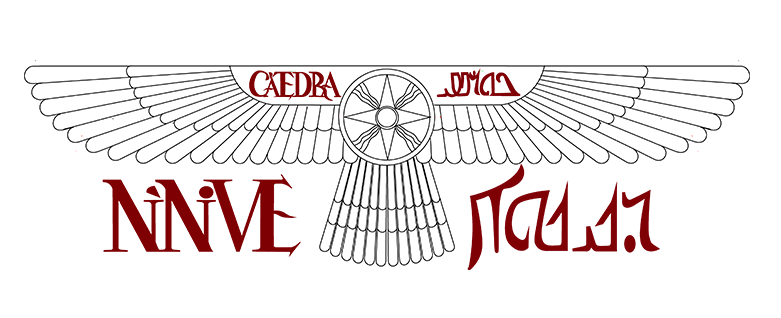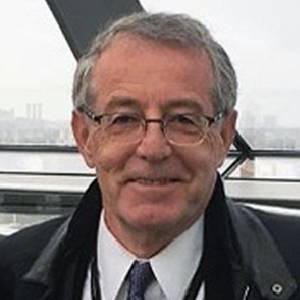Abdulmesih BarAbraham, M.Sc.
Background & Education
- Born in Midyat (in the Tur Abdin region).
- Emigrated to Germany in 1967 under family reunification, where he completed secondary education and high school.
- Holds a Master of Science degree in Engineering from the University of Erlangen–Nürnberg (Germany).
Professional & Research Activities
- Worked from 1979 to 1983 as the first officially certified German government interpreter for modern Assyrian-Aramaic (Turoyo) at the Central Emigration Office in Zirndorf near Nürnberg, handling more than 2,000 asylum-appeal translations.
- He has held management positions in international corporations in Germany and in the United States.
- In addition to his technical/engineering expertise, he is an independent researcher, writing many scholarly articles and book chapters on Assyrian topics: diaspora, migration, minority rights, genocide, language, culture, and identity.
Roles, Affiliations & Publications
- Chairman of the Board of Trustees of the Mor Afrem Foundation (Germany) and Chairman of the Board of Trustees of the Yoken-bar-Yoken Foundation.
- Secretary of the Syriac Theological Seminary in Salzburg, Austria.
- Member of the board of Suryoye Theological Seminary, Salzburg.
Some of his notable works include:
- Turkey’s Key Arguments in Denying the Assyrian Genocide (in Let Them Not Return, 2017).
- Safeguarding the Cross: Emergence of Christian Militias in Iraq and Syria (in Middle Eastern Christians and Europe – Historical Legacies and Present Challenges, Zürich: LIT Verlag, 2018).
- German Perceptions of the Sayfo: How Much Did Germany Know? (in Sayfo 1915: An Anthology of Essays on the Genocide of Assyrians/Arameans During the First World War, 2018).
Significance & Focus
Abdulmesih BarAbraham is a voice combining technical training and deep cultural/historical concern. His heritage from Tur Abdin, experiences of migration, linguistic abilities (Syriac, Turkish, Arabic), and his professional + academic involvements place him at the intersection of:
- Documentation and advocacy for Assyrian / Syriac history and minority issues, including genocide recognition.
- Preservation and promotion of Assyrian / Turoyo language and culture.
- Diaspora studies: issues of migration, identity, displacement, returning (or longing to return), and the diaspora’s role in memory and heritage.

